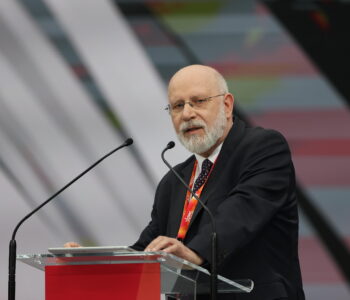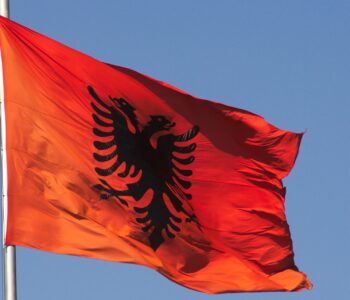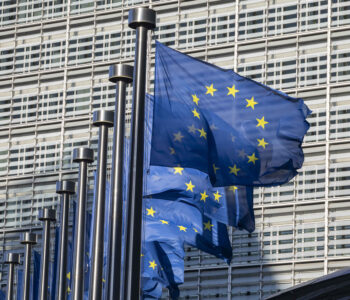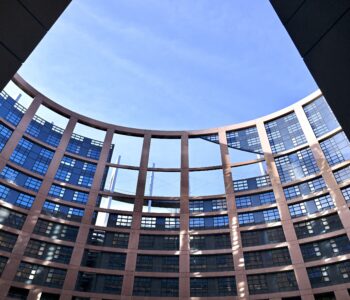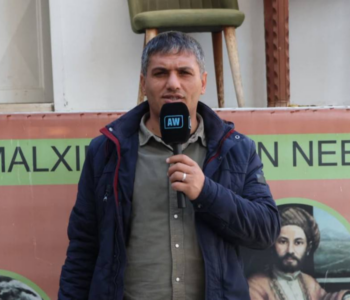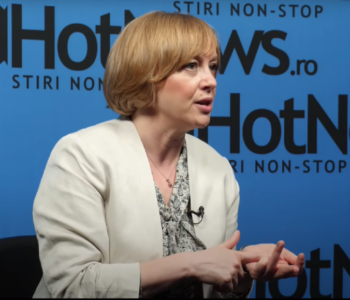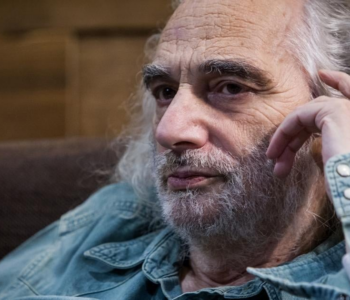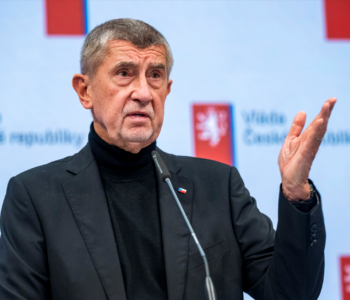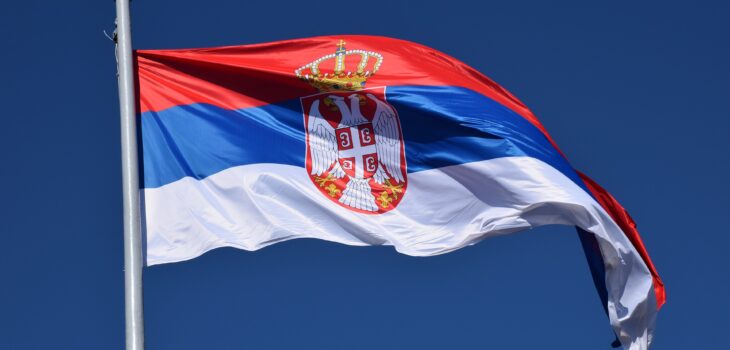
Backroom deals to silence independent media in Serbia?
As the political situation in Serbia remains explosive, the publication of a controversial private conversation highlights an attempt to muzzle the few media outlets in the country that continue to take a critical line towards the government.
12.09.2025
In Serbia’s media landscape, characterized by a rapidly and progressive deterioration in freedom information , N1 and Nova S are the only major media outlets looking critically at the actions of the Serbian government and authorities.
Over the last summer, marked by frequent protests and violence in many Serbian cities, the two broadcasters regularly reported live from protest sites. Journalists from both stations, often wearing protective helmets, were frequently exposed to scenes of urban warfare and occasionally harassed, insulted, and beaten by government supporters and sometimes even by law enforcement . No other media outlet in Serbia has been covering the protests live.
The recording
For these reasons, the publication of a recording of a conversation between Telekom Serbia’s executive director, Vladimir Lučić, and United Group’s general manager, Stan Miller, has caused a huge stir.
Telekom Serbia is largely state-owned, while United Group holds a majority stake in United Media, the company that owns N1. The recording was released by OCCRP (Organized Crime Corruption Reporting Project) and KRIK (Crime and Corruption Investigation Network), two organizations at the forefront of reporting crime and corruption in the region.
The recording is from a meeting between the two CEOs of their respective organizations, which took place in early August. At the beginning of the conversation, Miller commented on the situation, saying that “Serbia is exploding under our asses.” The conversation then focused on Aleksandra Subotić, executive director of United Media.
During the recording, Miller tells Lučić that he can’t immediately fire Subotić, as agreed, and that he must first downsize the company and divide it into several parts. Miller says he understands the president is very angry.
Lučić responds that President Vučić has already discussed the matter with Nikos Stathopoulos, the president of the British group that holds a majority stake in United Group. Lučić says that President Vučić only asked for the removal of Subotić, not the directors of N1 and Nova S, because he knows it’s difficult to remove the director at the moment. Miller himself says he’s very annoyed by Subotić.
Reactions
The publication of the recordings immediately sparked protests from the independent press, which gave wide coverage to the story and denounced what appeared to be an attempt to silence N1 and Nova S.
President Vučić’s office, contacted for comment by the two portals, reiterated that “[President] Vučić does not interfere in the editorial policy of the media, nor does he have any interest in it.” Telekom Serbia initially declined to respond, but immediately after the recording was published, it announced it would file lawsuits against all those involved, not because the content was inauthentic, but because the two portals had not sent the recording to Telekom for verification. Lučić categorically denied President Vučić’s involvement.
However, United Group’s position confirmed the conversation and its contents. United Group, which had previously reiterated that “in all the countries in which it operates, it has never been influenced, and will never be influenced, by political pressure,” confirmed that the conversation took place and reiterated its content, but firmly rejected any insinuation that the company was attempting to undermine the independence of its media outlets. However, it emphasized that recording private conversations is illegal.
While N1, Nova S, and other independent portals gave the incident considerable coverage, closely following the developments, government-affiliated media outlets and press reported it only indirectly two days later, when Lučić explained the content of the conversation to RTS and announced he would file a lawsuit for publishing the recording.
The tabloid Informer , one of the government’s most ardent supporters, followed the same line and focused on Lučić’s comments, openly criticizing Subotić for mismanaging United Media and for causing damage to both United Group and Telekom, thus deserving to be replaced.
While the reactions in Serbia reflect the polarization of Serbian society, outside Serbia condemnation of the attempts to limit the independence of N1 and Nova S was unanimous. The organizations participating in the Media Freedom Rapid Response project issued a press release on the matter, condemning attempts to limit media independence and calling for intervention by European institutions to curb such attempts.
A few days later, this intervention arrived: when asked about the matter, European Commissioner for Enlargement Marta Kos explicitly stated that pressure on the media, whether political or economic, does not benefit democracy.
Concerning signs
The concerns of industry insiders and those closely following media freedom in Serbia do not appear to be unfounded. Already in February, United Group had sold SBB, the cable television provider (including N1 and Nova S), to Telekom Serbia. The news had raised considerable concern regarding the negative impact on media freedom.
These concerns were heightened a few weeks later when United Group sold its satellite component to Total TV, and shortly thereafter, Total TV sold it to Telekom Srbija . Shortly after this sale, N1 and Nova S were excluded from Telekom Srbija’s satellite programs.
These transactions further alarmed industry experts, who saw a coordinated effort to reduce the visibility of independent television stations. Moreover, President Vučić’s discontent with N1 and Nova S is a fact: already in June, he had described the activities of these two television stations as “pure terrorism ,” expecting prosecutors to take action against them. This expectation was reiterated after the recent incidents in Novi Sad.
More recently, the weekly Vreme reported that Vučić’s goal is to shut down the two television stations by November 2025. The timing of this closure would be strategic given that many are speculating that new elections will be held by December 2025.
This article was published by OBCT as part of the Media Freedom Rapid Response (MFRR), a Europe-wide mechanism which tracks, monitors and responds to violations of press and media freedom in EU Member States and Candidate Countries.

